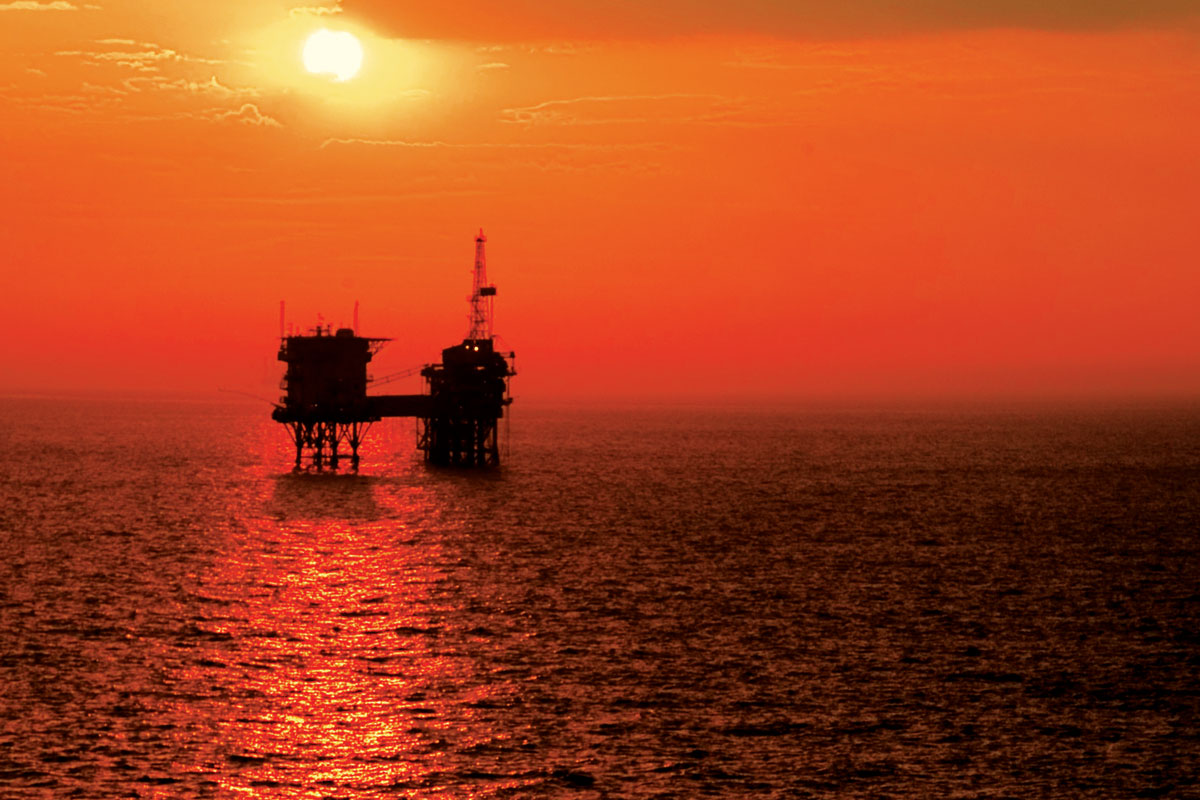Oil companies to comply with new EU safety rules
Oil companies operating in European waters have to comply with a 19 July deadline to implement new EU safety rules on offshore drilling, adopted in the aftermath of the disastrous BP oil slick in the Gulf of Mexico. Thus, by this deadline, governments must ensure that all existing oil rigs and other production installations comply with the directive.
The majority of oil and gas production in Europe takes place offshore and there are currently over 1000 operations in European waters. Given the EU’s growing energy demand, these operations are crucial for helping ensure a secure supply of energy.
At the same time, accidents such as the 2010 Deepwater Horizon disaster in the Gulf of Mexico illustrate the need for comprehensive safety measures. While safety is the primary responsibility of operators and individual countries, EU rules are important because an accident in one country can cause environmental and economic damage to its neighbours as well.
On June 28, 2013, the European Commission published the Offshore Directive. The aim of this Directive was to reduce as far as possible the occurrence of major accidents related to offshore oil and gas operations and to limit their consequences.
The Directive also required the creation of an offshore competent authority.
The EU Directive on safety and environment of offshore oil and gas operations was adopted in July 2013.
In 2015, the European Commission published a Report and Staff Working Document on liability and compensation in the case of offshore accidents in Europe. These documents look at how bodily injury, property damage and economic losses are handled, as well as the financial security instruments that would cover such damage. They build on the findings of a study done for the Commission that was published in 2014.
To further promote offshore safety, the European Commission works with its international partners on the implementation of the highest safety standards worldwide. The offshore inspectors of EU countries also work together through the European Union Offshore Oil and Gas Authorities Group (EUOAG) to share best practices and improve standards.
EU wide safety standards
Under the Safety of Offshore Oil and Gas Operations Directive, the EU has put in place a set of rules to help prevent accidents, as well as respond promptly and efficiency should one occur:
- Before exploration or production begins, companies must prepare a Major Hazard Report for their offshore installation. This report must contain a risk assessment and an emergency response plan
- Companies must keep resources at hand in order to put them into operation when necessary
- When granting licenses, EU countries must ensure that companies are well financed and have the necessary technical expertise
- Technical solutions which are critical for the safety of operators’ installations must be independently verified. This must be done prior to the installation going into operation
- National authorities must verify safety provisions, environmental protection measures, and the emergency preparedness of rigs and platforms. If companies do not respect the minimum standards, EU countries can impose sanctions, including halting production
- Information on how companies and EU countries keep installations safe must be made available for citizens
- Companies will be fully liable for environmental damages caused to protected marine species and natural habitats. For damage to marine habitats, the geographical zone will cover all EU marine waters including exclusive economic zones and continental shelves.







